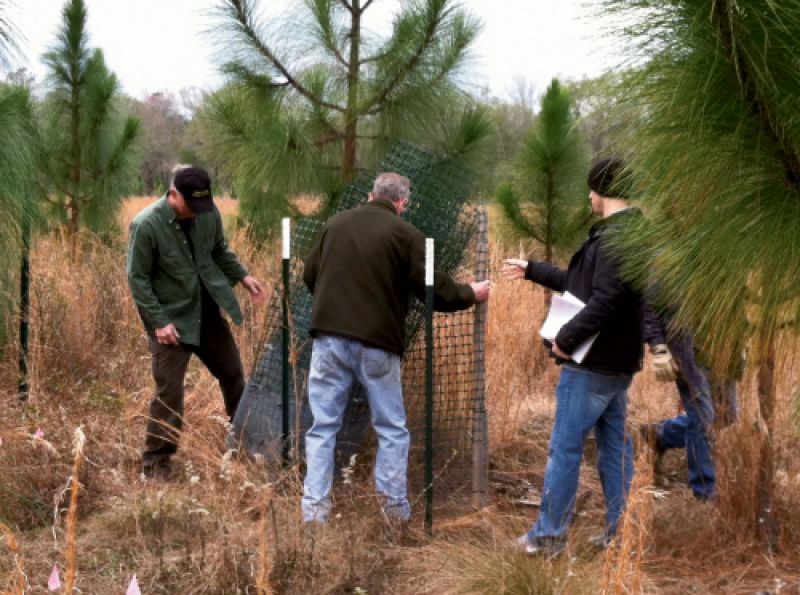
If your heart sinks each time you see a forest razed to make way for buildings and asphalt, you’ll be happy to hear that at the McAlhany Nature Preserve near Reevesville, the opposite is taking place.
About an hour from Charleston, the preserve comprises 368 acres of the upper ACE Basin. In 1986, Cleo McAlhany bequeathed the expanse to the Charleston Natural History Society—a 110-year-old nonprofit that is also a chapter of the National Audubon Society—upon the death of her husband, Marvin.
“The property is rich in land forms and biological diversity,” says the society’s preserve manager, Joe Cockrell, who explains that ribbons of the Edisto River and Cattle Creek border the land, which also contains an oxbow lake and different types of forest—from longleaf pine to bottomland hardwood. Roads and trails weave through the preserve, inviting society members, the public (who can visit by appointment), and educational groups to explore freely.
But until 10 years ago, McAlhany also featured 43 acres of decades-old agricultural fields. Cockrell, a U.S. Fish and Wildlife Service wildlife biologist, developed a plan to restore the site with units of longleaf pine forest (punctuated by open spaces) and about two acres of wetland.
Pooling society dollars with federal funding, they had 10,800 pine seedlings planted in 2006 (and have added several hundred more since). Next, volunteers joined in on the massive task of restoring a native grass understory. The efforts paid off, and today, many trees stand 15 to 20 feet tall, with the understory thriving. “When the longleaf pine forest is much older, we hope it will provide quality habitat for declining bird species such as the Bachman’s sparrow and red-cockaded woodpecker,” notes Cockrell.
As for the wetland, the group hired pros to fill in ditches made in the 1950s, and members added pond cypresses, plus wetland plant seeds. The water level rose, bringing wading ducks, egrets, and more. “When you visit in March and April, the sound of the frogs is deafening,” says program chair Paul Nolan, an associate professor of biology at The Citadel. “We’ve created a nice habitat where there wasn’t one.”
Want to join the society in its work at the preserve, plus take part in lectures, birding trips, and other events? Visit www.charlestonaudubon.org.